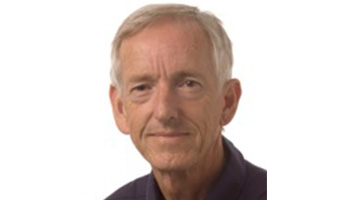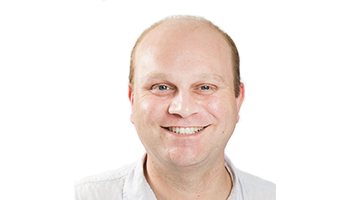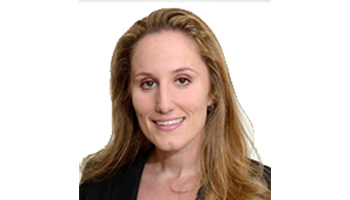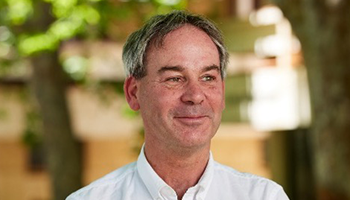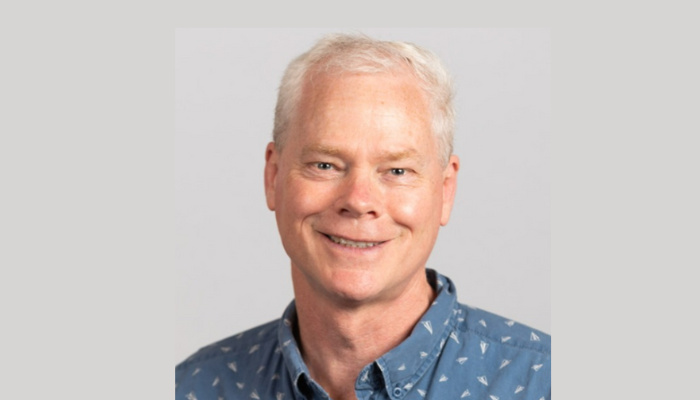DIRE Seminar Series
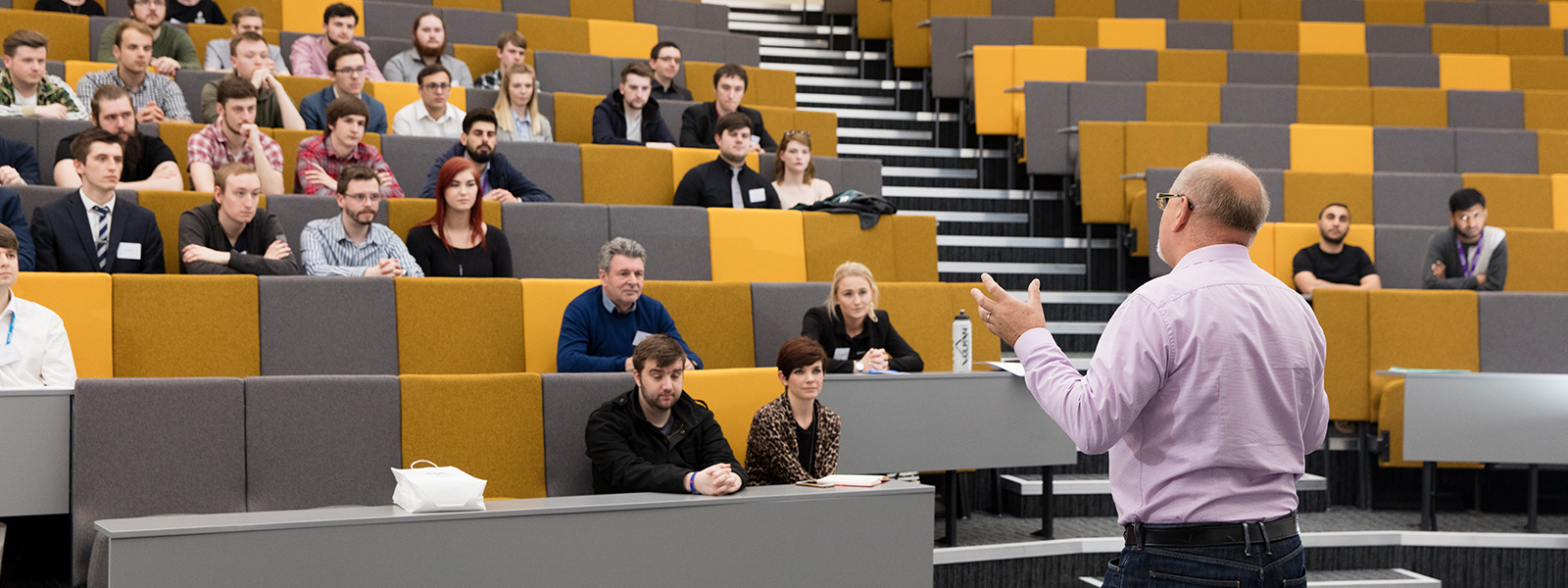
Welcome to DIRE Research Group Seminars
Within the DIRE Research Group we deliver an annual seminar series that aims to promote knowledge sharing between academics across disciplines with shared interests in some of the biggest challenges facing societies and the environments they inhabit. The seminars include presentations from DIRE members as well as guest speakers from the UK and abroad. Find out about our speakers and seminars below, or get in touch with Dr Harriet Moore for more information.
 How Children are Faring in a Changing Physical and Social World
How Children are Faring in a Changing Physical and Social World
The first seminar is delivered by Dr Tim Moore, a Senior Research Fellow at the Centre for Community Child Health (CCCH) at the Murdoch Children’s Research Institute, The Royal Children's Hospital, Melbourne. The seminar is a big picture view of how children are faring in a changing world and is structured around a series of key questions: What just happened (to our physical and social worlds)? What impact have these changes had? What do we know about what children and families need? What have we tried? How effective have these efforts been? What do we need to do now?
Watch the Q&A Session Lessons for Climate Policy and COP 26
Lessons for Climate Policy and COP 26
The second seminar is delivered by Dr Andrew Kythreotis, a Senior Lecturer in Political and Social Geography at the School of Geography, University of Lincoln. This seminar uses interview data with experts working on climate emergency declarations research across the UK, and will critically discuss four key themes that have underpinned and catalysed the changing geographies and the civil-state relationship within the climate emergency and what this may mean for future global climate governance under the UNFCCC Conference of the Parties (COP). Three key points related to the geographies of climate will be highlighted policymaking: National Climate Policy Scalar Dissonance, Global Collective Policy Dissonance, The Covid Catalyst.
Watch the Q&A Session The Global Obesity Epidemic – The Path from Patient to Policy and Back Again
The Global Obesity Epidemic – The Path from Patient to Policy and Back Again
The third seminar is delivered by Dr Jen Manne-Goehler, a physician-scientist and faculty member at the Brigham and Women’s Hospital, Massachusetts General Hospital and Harvard Medical School. This seminar takes a broad view of the evolving epidemic of metabolic disease, including both obesity and diabetes. It explores the social, commercial, and health systems challenges for patients with or at high risk of metabolic disease and the transitions that have led this to become a truly global epidemic. A second area explored is how the global health community has not only come to recognise the metabolic disease as a top health priority but also explore the ways in which this community is attempting to address this essential health challenge.
Watch the Q&A Session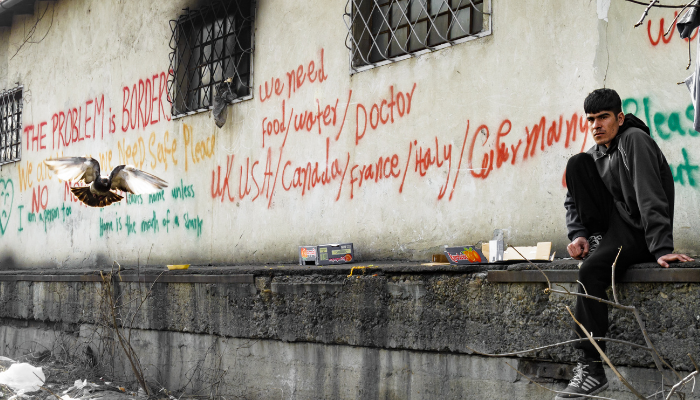 States and statelessness: conservation, tourism and security policies as driver
States and statelessness: conservation, tourism and security policies as driver
The fourth seminar is delivered by Dr Julian Clifton. There are approximately 12 million people worldwide who are not recognised as nationals by any state. Statelessness affects people’s human rights, with stateless people unable to access education, health and work opportunities. Many stateless people are particularly vulnerable to persecution, trafficking and imprisonment. There are a number of economic and social drivers of statelessness which are often reinforced, whether by accident or design, by government policies in other areas. This presentation will explore the context and outcomes of statelessness in maritime Southeast Asia, where state policies relating to tourism and conservation undermine attempts to reduce statelessness.
Watch the Q&A SessionContact Us
School of Geography, College of Health and Science
University of Lincoln, Think Tank, Ruston Way, Lincoln, LN6 7DW
Tel: +44(0)1522 835820

